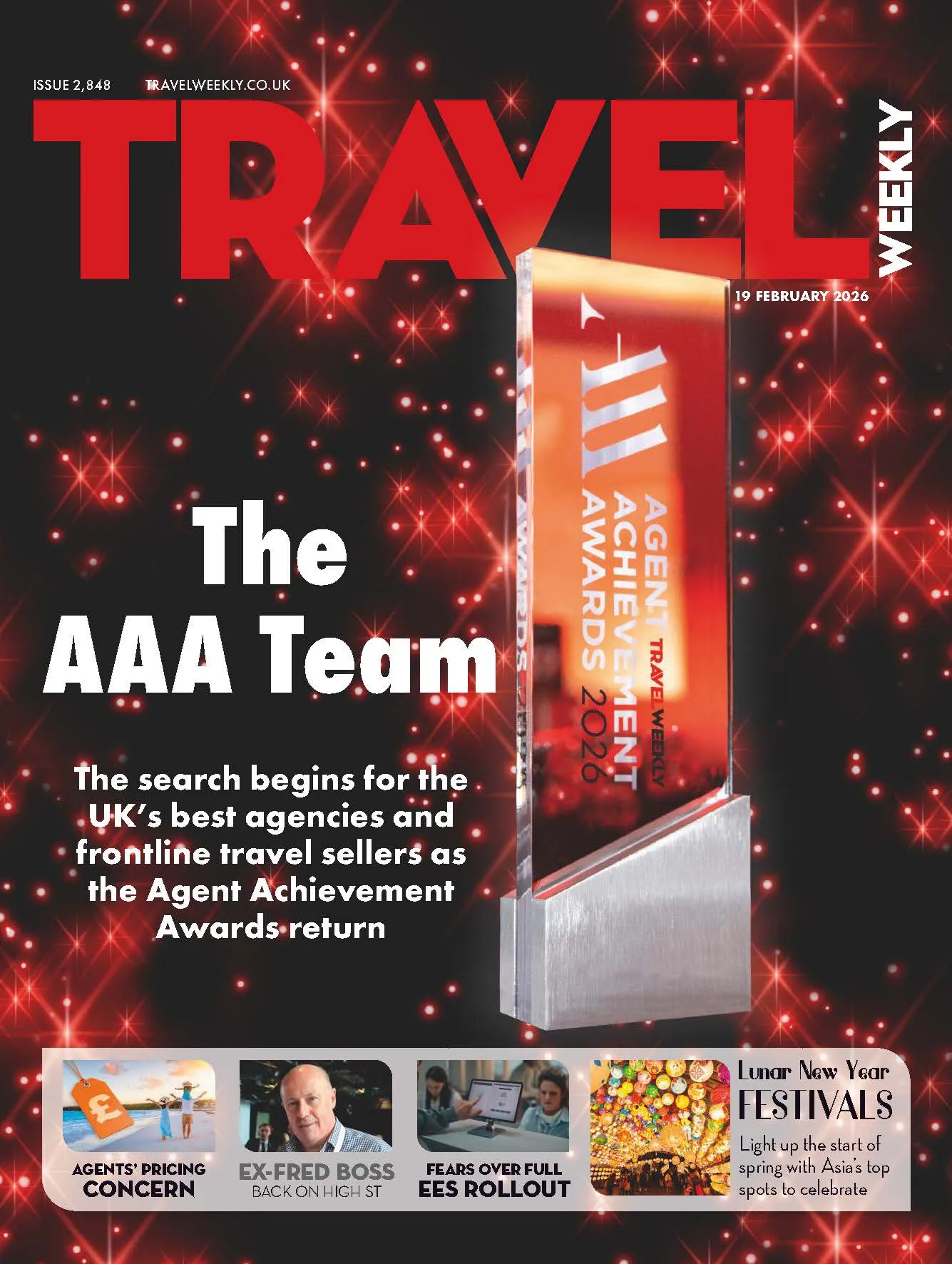You are viewing 1 of your 2 free articles
Comment: Employee ownership trusts could be the way forward
The Attraction Tickets deal should encourage more travel firms to follow suit, says Fieldfisher partner Neil Palmer
On 25 March 2025, Attraction Tickets, the UK’s number one seller of theme park tickets, announced their transition to employee trust (EOT) ownership.
In a transaction thought to be the largest to date in the travel industry, the founders and owners sold their interests in the business to an EOT.
This sale serves as a highly effective succession strategy for the former owners, which safeguards the business into the future for the benefit of all 128 employees.
The change of ownership also saw employees share in a £1m bonus allocation, demonstrating from the beginning the benefits that EOT ownership can bring.
This exciting alternative to a trade sale or more traditional exit route is becoming increasingly popular in other sectors of the economy and the Attraction Tickets sale should encourage business owners in the travel sector to sit up and take notice.
What is an EOT?
An "employee ownership trust" is a special type of trust structure introduced in 2014 which is established by a company for the benefit of its employees.
If key conditions are satisfied, business owners can sell shares in their trading company to an EOT free from capital gains tax and bonuses paid by the company to employees can be paid free from income tax (up to £3,600 per employee per year).
The trustee of the EOT (usually a corporate trustee) holds shares in the business for the collective benefit of the employees.
The EOT funds the purchase from future cashflows of the business, so this model works best for businesses with good cashflows and robust financial projections.
How popular are EOTs?
Since being introduced in 2014, EOTs have grown in popularity; according to the eoa there are now over 2,000 EOTs in the UK and this number is growing fast.
The sector has big ambitions to hit 10,000 employee-owned businesses by 2030.
Can EOTs work in the travel industry?
Undoubtedly yes! Employee ownership can work for any trading business; professional services, particularly architecture practices, were early adopters of the EOT model and the manufacturing, construction and wholesale/retail trade industries quickly followed suit.
Will Attraction Tickets inspire the travel industry to be next?
What are the benefits of EOT ownership?
For many business owners, EOT-ownership provides a better alternative to a trade sale or management buy-out. By selling shares to an EOT, owners can safeguard the future independence of their business for the benefit of all employees and lock in the values and culture that they have built up over the years.
This helps manage any succession challenges and gives more control over the process. Recent changes to the EOT legislation reinforce the Government’s commitment to this model.
Adopting employee ownership can have a positive impact on business performance; findings of the EO Knowledge Programme in 2023 showed that EO businesses are markedly outperforming the UK’s national productivity trend.
What is involved in the process?
With careful planning (and good advisers), the process of selling your business to an EOT is likely to be streamlined and involve less stress and worry than you might experience from a trade sale. It will usually involve:
- engaging advisers to assist with legal documents, financial modelling and valuation issues
- establish a timetable for the project and allocate responsibilities
- value the business, agree a purchase price, confirm that the business to fund the purchase price and plan payment periods
- consider if any third party clearances or consents are required and obtain these e.g. HMRC clearances
- nominate the directors of the trustee company
- establish the EOT
- complete the transaction under the terms of a purchase agreement
- deal with post-completion actions such as establishing a bonus plan or a share incentive plan
Travel industry owners should consider EOTs as an option for succession and preserving independence.
As a regulated sector, travel companies may have additional hurdles to jump, such as consulting industry bodies including Abtot or Abta, but these can be navigated with careful planning and good communications


















